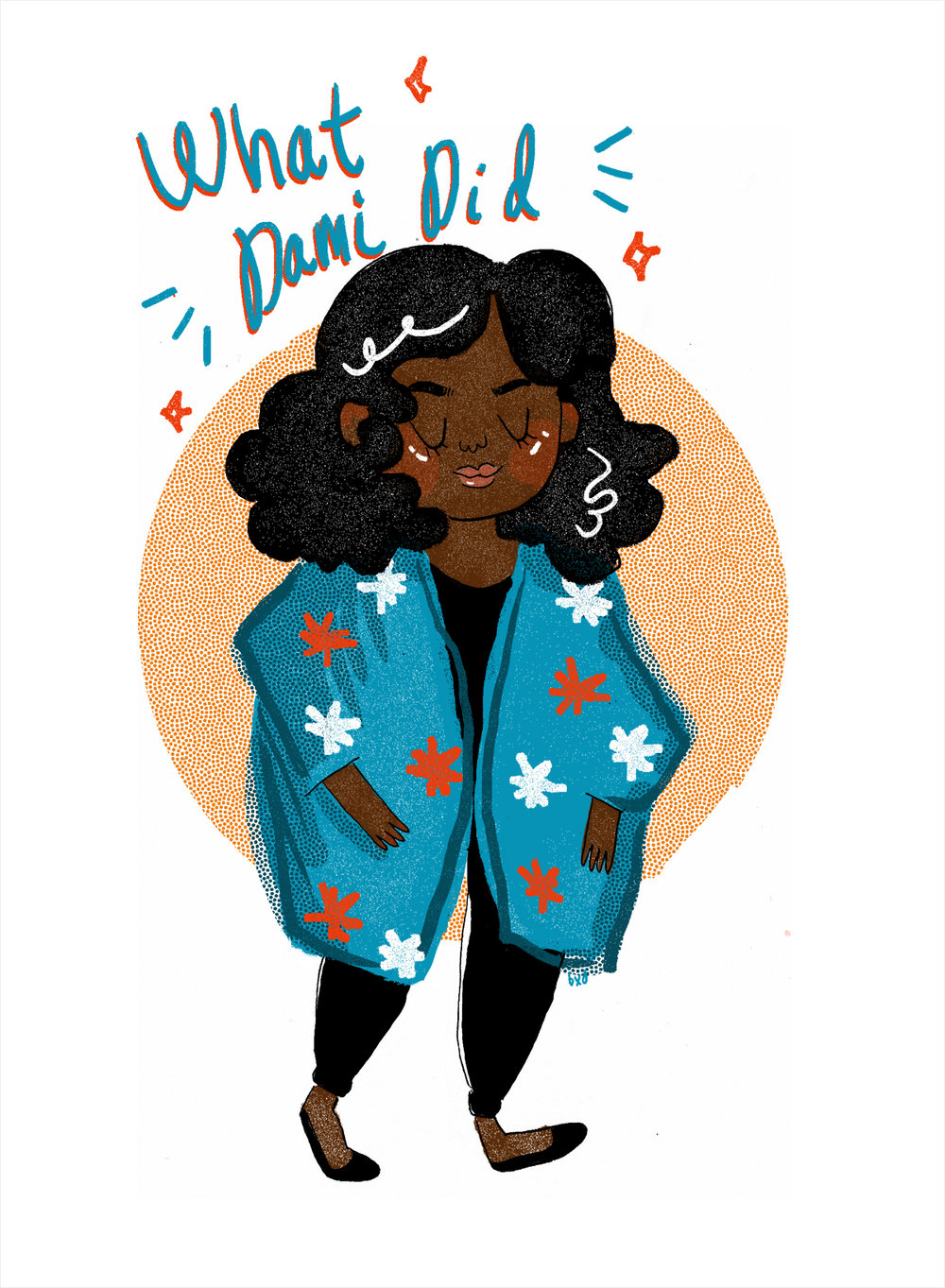As I watched Octavia Butler’s amazing acting, some things started to occur to me. Why is this story, set in 1913 still so relevant 100 years later? Here are some of my observations
(I know Netflix took some liberties with the script and the series isn’t a completely accurate picture of everything that happened)
Dark skinned women have always been expected to stay in their place- I don’t know if I even need to explain this further, but we see this even now, how people are constantly threatened by the confidence of dark skinned women. Almost like if people don’t give you the permission to be confident, you’re not allowed to be that on your own. It’s exhausting now and was obviously exhausting enough in 1900.
Black men don’t see their liberation as equal to black women- in the series, there’s a scene where the head of the NAACP is saying that black men have to be liberated first before women and there still is that energy now, where women are still largely fighting for themselves and black men still see their own liberation as the most important part of black liberation.
Women moved women forward and still do- following on from the previous point, women are still largely responsible for moving women forward, contrary to popular belief. In the series, both Sarah Walker and Addie Munroe (who didn’t exist as Addie Munroe in real life) created thousands of jobs for women and empowered thousands of women through their businesses.
When the husband is the support, he wants the credit - in the series, Sarah’s husband gets upset when she refers to him as “doing the graphics” in a meeting. What he wants is equal recognition and to be seen as a joint partner and that’s still very common. In so many businesses owned by men, their female partners make enough contributions to be recognised as equal, and are still recognised as so. Men are excellent of not just being recognised for the labour of their female partners, but often even overshadowing said partners. Very rarely, do you see women fighting for credit of their partners business, but men dont even ask for credit, they just take it.
Find your lane- jealousy slows you down- in the series, Addie spends her whole career shadowing Sarah and trying to beat her. This doesn’t always happen in the caricature way it’s shown, but it happens often enough. Someone questioning how come their friend has more YouTube followers, how come they’ve gotten promoted at work? How come people listen to what they say on Instagram? Focusing on someone else’s path is a distraction and is pointless
Expectations on light skin beauty- everyone loses in colorism, even though each side would argue differently.
How much men feel entitled to women’s time- in the series, C.J fights with Sarah over how much she works and while that is an argument that can be flipped, it’s often an argument from this point of view. Lots of recent studies have shown that gender roles are actually regressing and although men often think of themselves as progressive, they are only progressive as long as it doesn’t actually affect them. So your wife can work and it’s great until she doesn’t cook or isn’t home when you are or works all the time. It’s fascinating that men with families can still live spontaneous lives and be flexible for work because their female partners will invariable take on more of the inflexible roles and compromise their own success. We have men that laugh at gender arguments on social media get offended that their wife doesn’t cook or clean enough, wants to outsource care of the baby, has spontaneous plans. It’s just so fascinating how little progress we’ve made in that regard.
I think there’s a tendency of people living in the present to romanticise the present and imagine that as bad as it is, it’s better than before. That’s not always the case at all, especially when it comes to human relations. Technology and medicine move faster than the development of gender roles and wow, it is exhausting.





